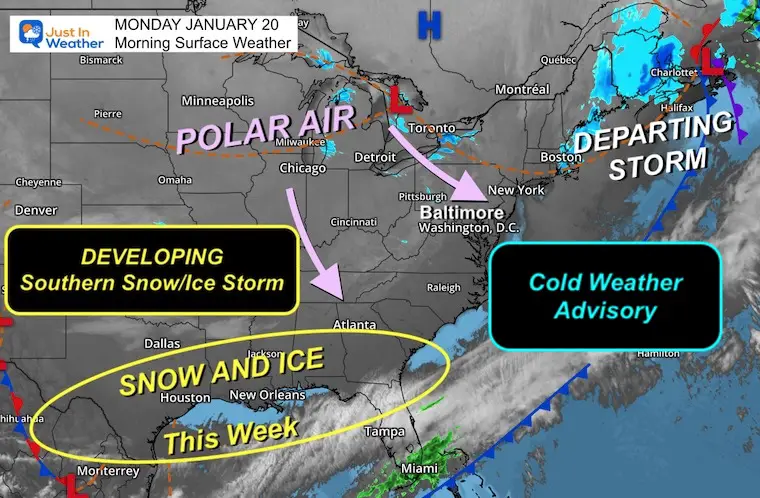- “The chance/reward for equities vs. bonds/income at present appears unexciting,” with worldwide financial development prospects not likely to rev up before long, Barclays reported.
- Whilst shares deliver a generate, they deal with headwinds from even more cuts in earnings projections, according to a observe.
- A world financial downturn could speed up with central banking companies voicing better-for-for a longer time stances on desire charges, analysts explained.
Proudly owning shares appears to be like significantly less desirable than investing in bonds and income mainly because that asset course faces earnings downgrades as the threat of world wide economic downturn looms in 2023, explained Barclays.
The fall in shares together with mixed action in bond yields final 7 days instructed traders are swinging notice to anxieties about financial contraction and fretting fewer about inflation, which is nonetheless raging at scorchingly large degrees but exhibiting symptoms of peaking.
Financial situations have been faring much better than anticipated but a slowdown could deepen, significantly with world wide central financial institutions previous week “doubling down” on higher-for-extended rhetoric about fascination fees, Barclays’ European equity strategists stated to consumers in a be aware late last week.
“If we seriously have seen the flip in inflation and the bulk of repricing larger in rates, possessing dollars or bonds at these generate concentrations feels arguably extra beautiful than owning equities,” Emmanuel Cau, head of European equity technique at Barclays, wrote in the team’s past notice of 2022.
Equities also produce a yield but hooked up to them are earnings and recession threat and rate volatility while bonds could “reprise their old purpose” of remaining a relative haven and their current produce gives some cushion, he said.
“The threat/reward for equities vs. bonds/funds at the moment appears to be like unexciting to us then, with the economic system not likely to speed up any time before long,” Cau wrote.
‘Little fundamental upside’
The Federal Reserve previous 7 days chopped down its 2023 GDP expansion estimate to .5% when compared with its 1.2% projection issued in September. Individually, the European Central Financial institution downwardly revised its development steerage for upcoming yr to .5% from .9%. That would signify a potential slowdown from 3.4% in 2022.
The Fed, the ECB, and the Financial institution of England very last week each and every downsized charge hikes to 50 foundation points from 75 basis factors. But policymakers, like Fed Chair Jerome Powell, indicated extra raises are in the pipeline as inflation continues to be well above targets at or all around 2%.
“We see little fundamental upside for equities at existing levels, even soon after pricing in some form of P/E reduction if we believe the threat of a lot higher prices recedes,” said Cau, introducing that earnings projections must maintain coming down, a most likely headwind for shares.
“Q4 earnings could be the future fact verify for equities, but we suspect the greatly expected earnings reset could consider lengthier to materialise than just a person quarter,” he wrote.
The around-term outlook for earnings “may well not be that lousy” partly for the reason that input charges are slipping. “But as long as the expansion-plan mix remains challenging, buyers might not give it the gain of the doubt,” Cau claimed.
Last week’s selloff in equities pushed the S&P 500’s yr-to-date decline of 19%. The MSCI Europe Index, which tracks extra than 400 massive and mid-cap shares in the region’s made marketplaces, has slumped 16%.
Knowledge last 7 days confirmed US purchaser cost inflation rose to 7.1% in November but marked the cheapest studying considering that December 2021. Euro area yearly inflation was 10.1% last month, down from 10.6% in October.
Barclays






